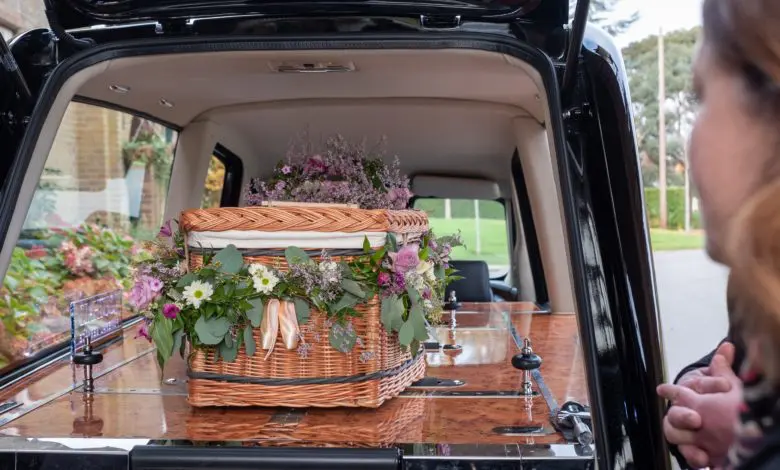NAFD hits back at study claiming less than half of UK want a funeral
The report stated that finances played a clear role, as 49% of workers said they wanted a funeral compared with 38% of unemployed respondents

The NAFD has hit back at a report from thinktank Theos which claims that less than half (47%) of people want a funeral, claiming it “misses an important perspective” – that of the bereaved family and friends.

